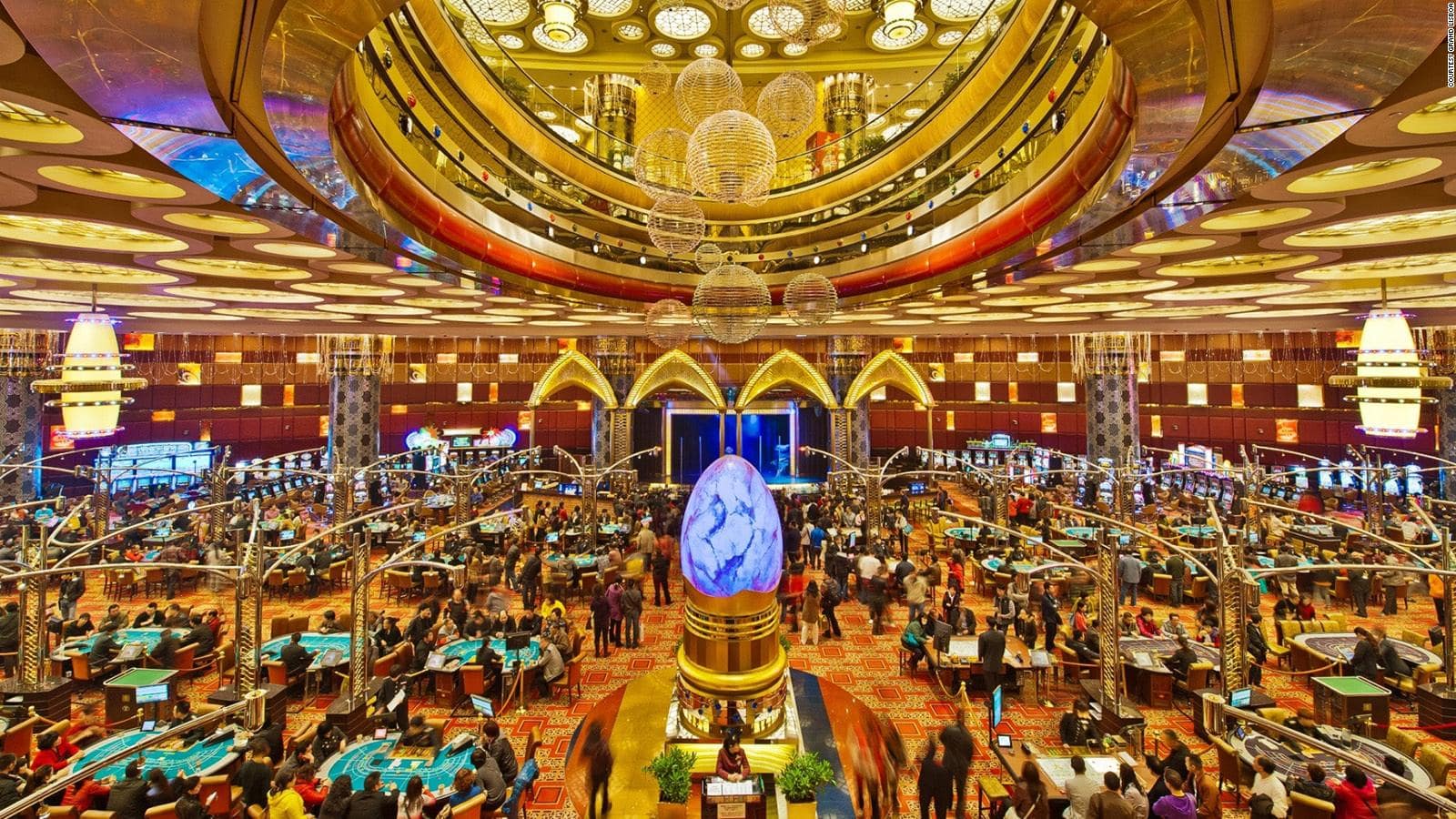
Casino entertainment have long been a staple in human culture, delivering not just entertainment but a captivating reflection of our aspirations, wishes, and concerns. From the turning reels of a slot machine to the skill-based strategies of poker, these games represent a range of human feelings and experiences. At their core, casino games are not just a chance to win money; they are a snapshot of life itself, where risk versus reward converge and fate can change in an moment.
As players convene around tables or sit in front of vibrantly illuminated machines, they participate in a ceremony that transcends mere gambling. These games echo our instinctive desires for relationships, adventure, and the pursuit of luck. They also reveal deeper truths about human psychology, such as our relationship with chance and the adrenaline of risk. In exploring casino games, we discover not only the mechanics of play but also the complex weave of the human story, showcasing our woven narratives of hope and reality.
The Psychology of Gambling
Wagering is deeply rooted in the psyche of individuals, appealing to various emotions and desires. The excitement of taking risks is a core aspect that attracts participants, be it it’s excitement of spinning a roulette or the anticipation of drawing a winning hand in a poker game. This rush of adrenaline is often compared to other forms of thrill, as the uncertainty of outcomes triggers a distinct psychological response. Gamblers often become captivated by the chance of striking it rich, leading to an almost magnetic draw toward gambling games.
Additionally, a crucial component of the psychology behind gambling is the concept of hope and aspiration. https://bj88ss.com/ Players often indulge in dreams of financial freedom and the opulent lifestyle that can accompany winning. This optimism fuels their ongoing participation in casino games, as it provides a sense of purpose and the belief that a transformative win could be just one wager away. The story of beating the odds and finding success resonates with many, reinforcing their dedication to play and engage with these games.
Finally, social aspects play a crucial role in gambling psychology. Gambling venues are designed to foster social interaction, where players gather to share the experience of wins and losses. This communal aspect not only enhances enjoyment but also affects behavior, as individuals often imitate the actions of others around them. The social validation found in mutual thrill can enhance the emotional experience, making casino games a mirror of not just personal desires but also shared involvement within the gambling community.
### Risk and Reward: A Double-Edged Sword
Casino games embody the fragile balance between risk and gain that resonates profoundly with the human experience. The excitement of placing a wager is often accompanied by a jolt of energy, as gamblers are confronted with the possibility of striking it rich, yet cognizant of the risk to suffer losses. This dual experience reflects a essential aspect of life: the choices we make often come with inherent risks, and the chase for gain can push us to take chances we might not typically consider. In this way, gambling activities mirror real-world decisions, enticing players to risk not just their capital, but also their aspirations.
The allure of grand jackpots and payouts fuels a wave of hope, inspiring players to imagine a more promising future that could arise from a single victorious spin of the roulette or flip of a card. This optimism can motivate individuals to engage in greater risks, urging them to push their boundaries in search of monetary success. However, just as in life, the consequences of these decisions can lead to both triumph and failure. The narratives of both jackpot winners and those who have faced losses everything at the tables demonstrate the unpredictable nature of chance and its consequential repercussions on our futures.
Ultimately, the experience of engaging with gambling activities serves as a potent reminder of the nature of humanity. Every game played is loaded with the tension of ambiguity, as gamblers weigh the rewards against the dangers. This dynamic not only highlights the thrill that comes with gambling but also unveils the vulnerabilities that come with the urge for more. As we explore the complexities of choice and results in both the gambling world and in life, we find that the search for benefit shapes our identities and experiences in profound ways.
Culture and Loneliness in Gambling Culture
Gambling environment is a special combination of social engagement and individual endeavor, reflecting the tensions of individual experience. Gamblers often gather around tables, sharing in the thrill of the game, celebrating wins, and commiserating over losses. This communal aspect is crucial, as it creates a sense of community and camaraderie among diverse groups of individuals. Regular visitors to gaming establishments may form friendships and develop routines, turning the casino into a alternative home where they feel linked to a larger community of gamblers.
However, the appeal of gambling games can also result to loneliness. As players become engrossed in the thrill of playing, they may isolate from personal relationships or neglect to engage with the environment outside the gaming space. For some, the search of a windfall can distract from real relationships, leading to isolation. The situation of being among others yet feeling solitary is not rare, as the focus shifts from collective fun to the private concerns of each player’s path.
This interplay of community and isolation creates a rich tapestry that defines casino culture. It showcases the complexity of human interactions, where joy and sorrow coexist. Gambling venues serve as both a refuge for social interaction and a platform for individual struggles, illustrating how deeply connected our yearning for connection and the individual quest for wealth can be. In navigating this environment, players confront their own narratives—seeking both the rush of the game and the fellowship of fellow gamblers, eventually mirroring the wider spectrum of individual experience.
